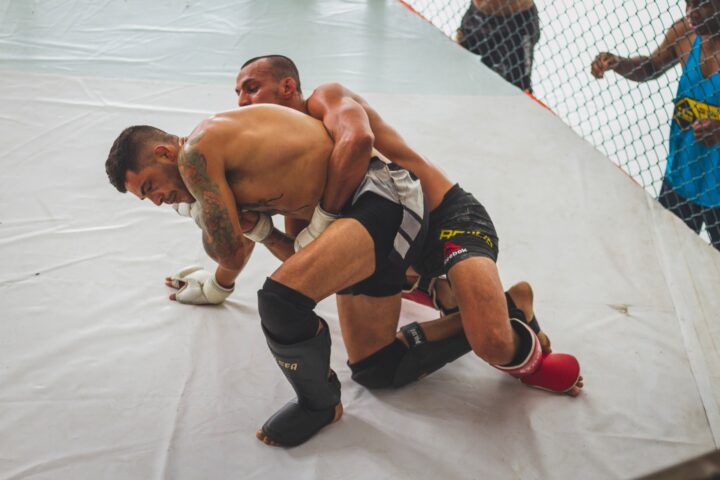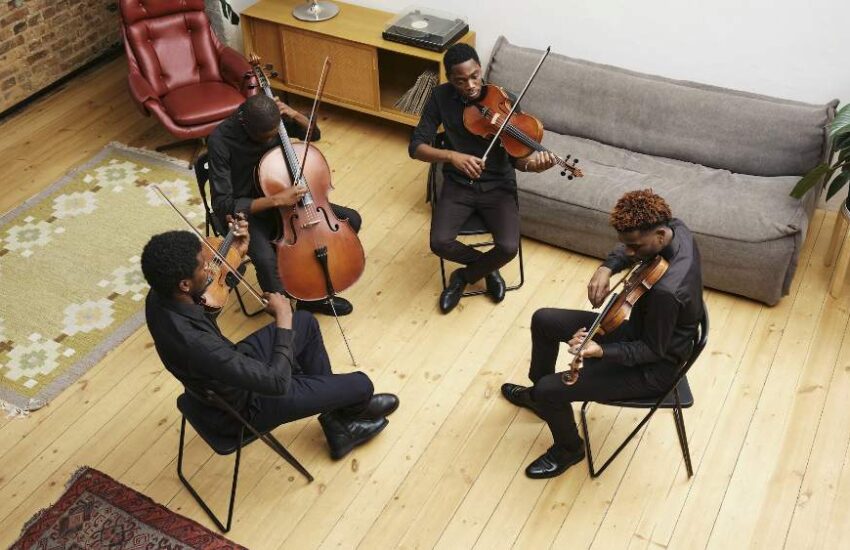Brazilian Jiu-Jitsu Brilliance: 6 Expert Strategies for Training Triumph
Brazilian Jiu-Jitsu (BJJ) is a profound martial art that emphasizes ground fighting and grappling techniques. With roots tracing back to the early 20th century, it has evolved from traditional Judo, uniquely characterized by its focus on positional control and submission holds.
BJJ’s strategic nature, often compared to a physical “chess game,” necessitates not only physical prowess but also mental agility and tactical acuity. It’s a discipline that demands constant learning, adaptation, and resilience, offering profound lessons applicable both on and off the mat.
This document aims to unfold the mastery of BJJ via six expert strategies, which are essential for any trainee yearning for triumph and seeking to achieve brilliance in this esteemed martial art.

1. Embrace the Basics
A strong foundation in BJJ’s fundamental techniques and positions is crucial to success. Understand and master the basics before moving on to more advanced techniques. Set aside time in each training session to work on basic drills, such as shrimping and bridging, as they will develop your muscle memory and improve your overall understanding of the art.
As the legendary Helio Gracie once said, “It’s better to do fewer things right than many things wrong.” Now, in this beginners guide to BJJ, you can grasp all the basics of the sport before delving deeper. Furthermore, gathering as much information as possible, from books, websites, or seminars, will provide you with a solid foundation and understanding of the art’s concepts and principles.
2. Consistent Training
Regular and consistent practice is key to honing skills and improving performance. Dedicate specific time for training and stick to a regular schedule. BJJ is a physically demanding sport that requires constant and consistent training to build strength, endurance, balance, and flexibility. Plan your training sessions wisely to avoid injuries or burnout.
Remember, consistency in training will help you develop muscle memory and allow you to progress faster. On average, three to four training sessions per week are recommended for beginners, gradually increasing as your skill level improves. If we view this through the lens of hours, then a minimum of five to six hours of training per week is ideal.
3. Mindful Sparring
Sparring is a practical way to refine techniques and strategies. However, it’s essential to spar consciously, focusing on improving weak areas and experimenting with different approaches. Do not worry about winning or losing; instead, concentrate on learning and improving. It’s also crucial to spar with partners of varying skill levels, as this will challenge you to adapt and develop new strategies.
Additionally, sparring with different training partners helps you become well-rounded and prepares you for various opponents in tournaments or real-life situations. For beginners, it’s best to start with “flow” sparring, where the emphasis is on learning and practicing rather than competing.
4. Physical Conditioning
While BJJ is primarily technique-focused, physical fitness plays a significant role in performance. Regular conditioning, including strength and flexibility training, can enhance your game significantly. Engage in exercises that enhance your core strength, balance, and explosiveness. A stable core, for instance, is crucial for executing techniques with precision and efficiency.
Furthermore, having a strong body can help prevent injuries and improve overall health. On top of physical conditioning, proper nutrition and rest are vital for optimal performance. Most importantly, every BJJ practitioner should know their body’s limitations and work within them to avoid injuries.
5. Learning from Mistakes
BJJ is a journey filled with trials and errors. Embrace mistakes as learning opportunities and constantly seek to improve. Observe your mistakes and analyze what went wrong, then work to fix them. There is no shame in making mistakes; even the most experienced BJJ practitioners continue to make them.
Instead of dwelling on failures, use them as stepping stones to become a better practitioner. Keep a positive attitude and always strive for improvement. Coming back stronger from mistakes is a significant aspect of BJJ’s mental resilience, which will benefit you both on and off the mat.
6. Seeking Knowledge and Feedback
Continual learning is a cornerstone of BJJ brilliance. Actively seek feedback from instructors and peers, attend seminars, and learn from various sources, including books and instructional videos. Every BJJ practitioner has a unique style and technique, and there is always something new to learn from others. Embrace feedback as it helps you understand your strengths and weaknesses, leading to continuous improvement.
Additionally, BJJ is an ever-evolving art, with new techniques being developed constantly. Staying updated on the latest trends in the sport will give you an edge over opponents and keep your training fresh. Ultimately, a curious mindset coupled with a desire for continuous learning is essential for achieving BJJ brilliance.
In conclusion, becoming brilliant in Brazilian Jiu-Jitsu requires not only physical prowess but also dedication, consistency, mental agility, and resilience. Embrace the basics and build a strong foundation to progress faster. Consistent training is crucial to develop muscle memory and prevent injuries.
Mindful sparring allows for experimentation and improvement, while physical conditioning enhances performance and prevents injuries. Learning from mistakes is a crucial aspect of BJJ’s resilience while seeking knowledge and feedback provides continual growth opportunities. With these six expert strategies, any trainee can set themselves on the path toward BJJ brilliance.


